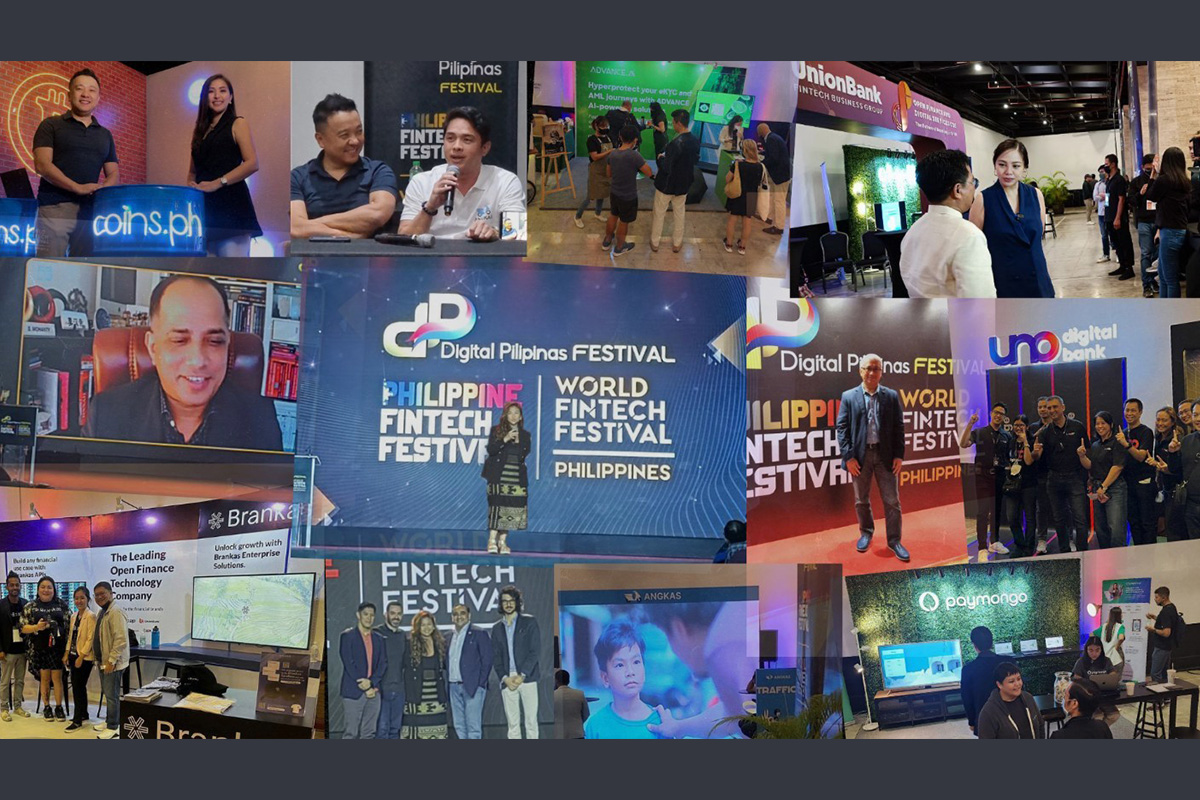Digital Pilipinas, the largest private sector movement for creating a technology and innovation ecosystem in the country, showcases the Philippines as a “soft landing and safe haven” for global innovators.
Amor Maclang, Digital Pilipinas Festival (DPF) Convenor, positioned the Philippines as “a welcoming gateway to ASEAN for other countries who wish to do business in our region, for innovators from other countries who, in the face of adverse political or economic conditions, need to temporarily relocate to where their culture of innovation will be preserved.”
During the DPF, foreign and Filipino leaders shared their plans for creating a stronger, anti-fragile ASEAN by making digital tech more accessible to the public. Department of Information and Communications Technology – Philippines’ Undersecretary David Almirol stressed the crucial role of embracing the enabling qualities of technology in empowering agencies in enforcing their mandates. Through different policies and projects including the E-Governance Act and the iLGU, the public can experience seamless services which pave the way for them to take on bigger decisions and even go global.
Jimmy Kyle Siy, Brankas Director of Customer Success, said that a positive impact on trade would be the first advantage of an ASEAN tech collaboration.
Angkas CEO George Royeca said: working with ASEAN entails “collaboration with regulators in creating the best products that will have the highest positive effect.”
Manish Bhai, UNO Digital Bank Founder, President, and CEO, agreed that without a cross-border ecosystem, digitalization will not succeed: “Everyone is a collaborator – whether it’s cross-country, ASEAN, regional, global.”
Wei Zhou, CEO of Coins.ph, spoke of his plans to make the Philippines “a leader in Web 3.0 not just in ASEAN, but globally. Digital assets and blockchain are equalizers and can mean financial empowerment.”
DPF, which was composed of the World FinTech Festival-Philippines and the Philippine FinTech Festival, was held in partnership with Elevandi, an organization founded by the Monetary Authority of Singapore (MAS) to foster public-private-sector dialogue to advance FinTech in the digital economy.
Jobbagy László, Managing Director of Digital Success Nonprofit Ltd., emphasized that “digitalization is all around us. We can have all kinds of people and have all kinds of degrees to digitize the culture even in terms of policy-making over the next 30 years.”
Participating in the DPF were co-presentor Coins.ph and co-convenors Etiqa Philippines; Angkas; PayMongo, UnionBank of the Philippines; digiCOOP; ADVANCE.AI; NinjaVan Philippines; KPMG Philippines; UNO Digital Bank; Creador; Globe; PruLife UK; ACUBELAW; Gorriceta Africa Cauton & Saavedra; Brankas; GCash; COL Financial; and, Xendit Philippines. Other partners were Tech Exactly; StartUp Village; Bounce Back PH; Fintech Philippines Association; FinScore; Mapúa University; GeiserMaclang Marketing Communications; Inquirer Group of Companies; Inquirer Mobile; Inquirer.Net; Philippine Daily Inquirer; The Philippine Star; Manila Bulletin; United Neon; and Coinvestasi.
Filipino and global industry and tech leaders gathered for the Digital Pilipinas Festival, which kicked off a month-long celebration for ASEAN tech while launching an anti-fragile technology and innovation ecosystem to bring about an economically stronger region.
SOURCE Philippine FinTech Festival




